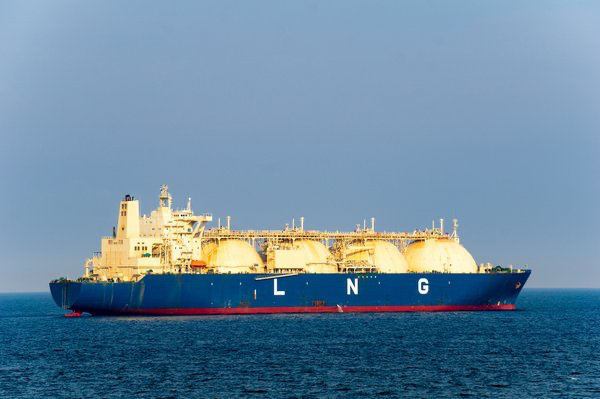The global market for liquefied natural gas (LNG) is expected to remain tight until 2026, as demand outstrips supply amid the transition to cleaner energy sources, according to the Gas Exporting Countries Forum (GECF).
The GECF, which represents natural gas exporters such as Qatar, Russia, and Trinidad and Tobago, said in its annual report that global LNG demand would rise by 1.5% this year and by up to 22% by 2050, driven by emerging economies in Asia and Africa.
However, the supply of LNG is likely to lag, as investment in new projects has been hampered by low prices, geopolitical tensions, and environmental concerns. The GECF warned that the current record-high and volatile spot prices in Europe and Asia, which have been triggered by a combination of cold weather, low storage levels, reduced pipeline flows, and supply disruptions, could become more frequent and severe in the future.
“The LNG market is undergoing a structural change, with increasing uncertainty and complexity. The market needs more flexibility, transparency, and cooperation among all stakeholders to ensure security of supply and demand,” said Mohamed Hamel, the secretary general of the GECF, at a conference in Trinidad and Tobago on Monday.
The GECF’s outlook is in line with other forecasts that have predicted a prolonged period of tightness in the LNG market, as the world shifts away from coal and oil to lower-carbon fuels. LNG is seen as a bridge fuel that can help reduce greenhouse gas emissions, while also providing reliable and affordable energy to millions of people.
According to the International Energy Agency (IEA), global LNG trade reached a record high of 363 million tonnes in 2021, up 8% from the previous year, despite the impact of the COVID-19 pandemic. The IEA expects LNG trade to grow by another 4% in 2022, reaching 378 million tonnes, as new projects in the US, Russia, Australia, and Qatar ramp up production.
However, the IEA also warns that the supply growth will not be enough to meet the rising demand, especially in Asia, where countries such as China, India, Japan, and South Korea are increasing their use of LNG to reduce their reliance on coal and meet their climate goals. The IEA estimates that the global LNG market will face a supply gap of around 100 million tonnes by 2026 unless more investment is made in new capacity.
The GECF echoed this view, saying that more than $300 billion of investment is needed in the next decade to ensure adequate LNG supply. The group also stressed the need for more long-term contracts between producers and consumers, as well as more regional cooperation and integration, to enhance the stability and resilience of the LNG market.
The GECF also highlighted the potential of carbon capture, utilization, and storage (CCUS) and hydrogen as technologies that can help decarbonize the natural gas sector and increase its competitiveness in the energy transition. The group said it was working on several initiatives and projects to promote and implement these technologies among its members and partners.
The GECF’s report comes at a time when natural gas is facing increasing scrutiny and criticism from environmental groups and some governments, who argue that it is not compatible with the Paris Agreement and the goal of limiting global warming to 1.5 degrees Celsius. Some countries, such as the UK and France, have announced plans to phase out gas boilers in buildings, while others, such as Germany and Spain, have imposed higher taxes on gas consumption.
The GECF, however, maintains that natural gas is an essential part of the global energy mix and a key enabler of the energy transition, as it can support the integration of renewable energy, improve air quality, and reduce energy poverty. The group also argues that natural gas can achieve net-zero emissions by 2050 if coupled with CCUS and hydrogen technologies.
“Natural gas is not part of the problem, but part of the solution. We believe that natural gas will continue to play a vital role in the energy transition and beyond, as it is the most abundant, accessible, affordable, and cleanest fossil fuel,” said Hamel.
Source: Reuters



